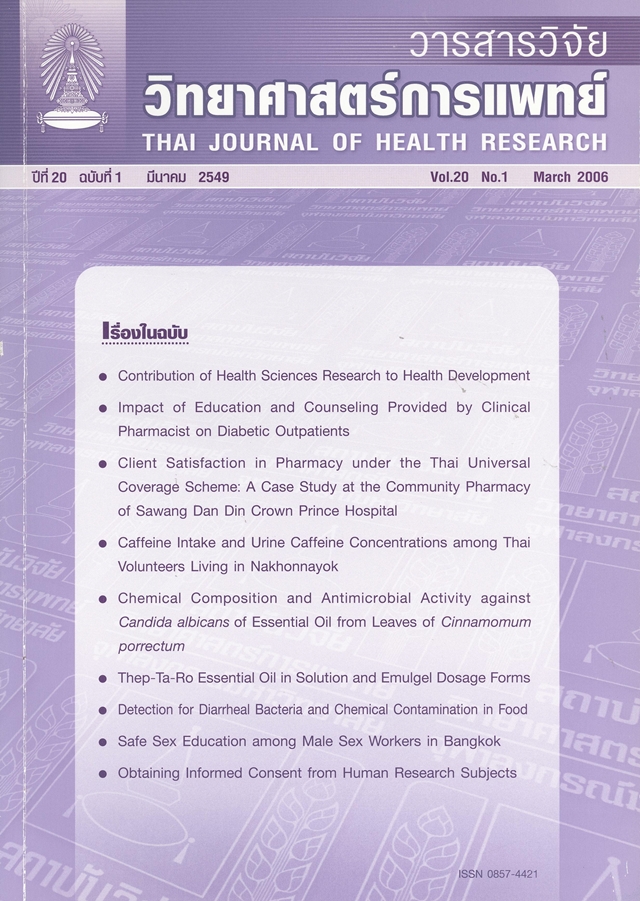Contribution of Health Sciences Research to Health Development
Keywords:
Health science research, Epidemiology, Health developmentAbstract
Basic medical and population research such as epidemiology have independently contributed to health development in different ways. Population health research such as epidemiology opens the door for the development of system for surveillance of diseases of national as well as global importance. Case control studies provide the world with a powerful tool to study the risk factors for many chronic diseases. Cohort studies and historical cohort techniques help identify the risk factors for many diseases as well as help guide clinical interventions and disease prevention. Randomized control trials have progressively become the standards for evaluation of health care focusing on the efficacy and effectiveness of clinical and community interventions. Basic medical sciences have rendered the world more understanding of cellular structures, functions, metabolism, normal and abnormal growth and cell deaths. Vaccines, drugs and diagnostic tests resulting from basic science research have provided new opportunities for humans to enjoy health. Despite some successes, there is an increasing health and technology gaps between the rich and the poor. The genomic era can widen technology and health gaps even further. Basic medical and population sciences have to work together to bridge these gaps by targeting not only individuals and their diverse risks, but also equity in health through population based interventions. Explicit knowledge from basic sciences can be combined with contextual knowledge from population research to bring technology to bear on human health. It is clear that research is important in bringing technology to where diseases and health problems prevail to make people get equitable access to, and enjoy full benefit of technological advances.







